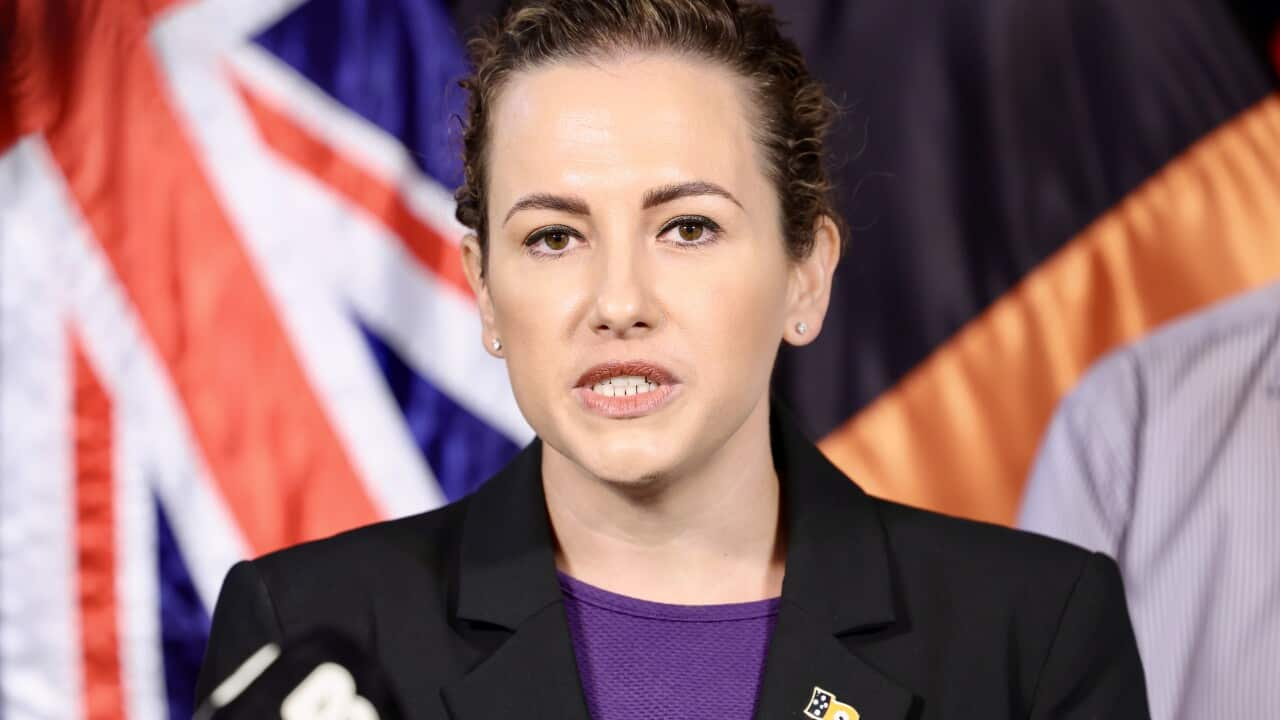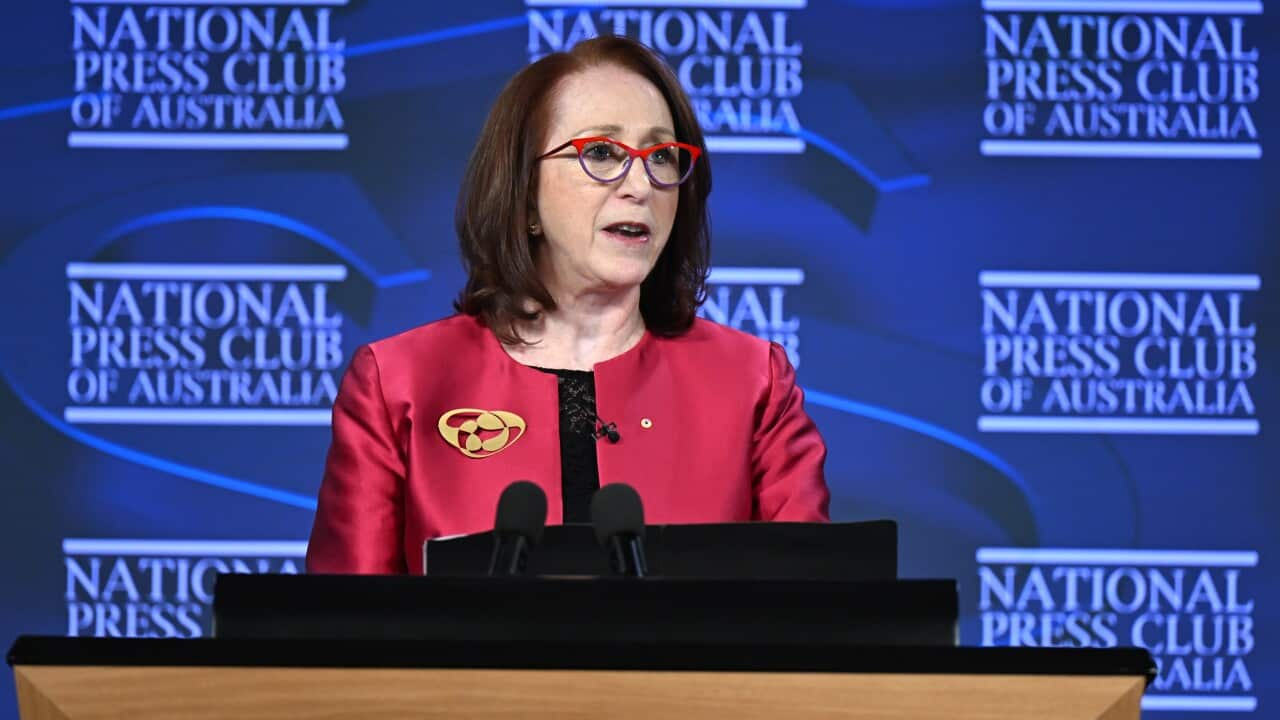Key Points
- Human Rights Watch has released its annual report, which includes criticisms of Australia.
- It says Australia's treatment of young offenders and asylum seekers is tarnishing its human rights record.
- The report calls on governments across all regions to display bold leadership on human rights.
The treatment of children in the criminal justice system is tarnishing Australia's human rights record, according to a new major report.
In the 35th edition of its World Watch Report, Human Rights Watch reviewed human rights practices in more than 100 countries, and again referred to juvenile detention, .
On an average day, there are more than 4,500 children under youth justice supervision nationwide.
More than half of those are Indigenous, according to the Australian Institute of Health and Welfare.
"It's gone from bad to worse," Human Rights Watch's Australia director Daniela Gavshon said.
"What we do know as well in Australia is that there's no human rights act, so there's no overarching piece of legislation that puts all the human rights regulations and rules and responsibilities into one place."
There is no federal charter of rights, but some states and territories in Australia — the ACT, Queensland and Victoria — have human rights legislation.
Annabel Hennessy, Australia researcher at Human Rights Watch, said in a statement that the Australian government's treatment of children in its criminal justice system was "a blot on Australia's human rights reputation globally".
What did the report say about Australia?
As in previous years, the report acknowledged Australia as a "vibrant democracy" that "mostly" protects its citizens' civil and political rights.
But issues that appeared in previous years, such as Australia's treatment of asylum seekers, have been flagged again.
"They keep appearing because I think on some level, human rights aren't placed at the forefront of government policy," Gavshon said.
Over the past year, governments — particularly those in the Northern Territory and Queensland — have run on the back of a 'tough on crime' approach, resulting in breaches of rights including children being detained in adult facilities.
"It's interesting that retribution and punishment have become the predominant narrative here in Queensland, and it's something that's echoed across Australia and even in other countries such as the United States and the UK," chief executive of the Youth Advocacy Centre in Queensland Katherine Hayes said.
"It seems to be a combination of a heightened awareness of local crime through social media, sensationalist reporting, and also this ongoing distrust of institutions like the judiciary and the government."
The report also noted the Northern Territory's decision to .
"Seeing a 10-year-old being locked up in a detention centre or a watch house is absolutely horrific and alarming ... something has gone very wrong in their lives," Hayes said.
In August last year, Australia's National Children’s Commissioner called for significant changes to how governments approach child justice.
"I think that we need to have a united federal approach that doesn't focus on tough on crime, but looks at these wicked problems of disadvantage, neglect, child abuse," Hayes said.
'Cruel' treatment of asylum seekers
The report also noted Australia's decision to continue sending individuals who attempt to reach the country by boat to offshore detention on the Pacific island of Nauru.
"Offshore processing and temporary protection visas were things of the past that existed under the Howard era, but they were abolished for a reason," Sarah Dale, principal solicitor of the Refugee Advice and Casework Service, said.
"To see them reintroduced over the past decade and to see people's rights and liberties continue to be curtailed in the way that they have under successive governments has been deeply concerning."
Last week, by detaining a group of asylum seekers, including minors, on Nauru even after they were granted refugee status.
"If Australia just recognised our obligations, processed people swiftly and supported people as we should, we would be also alleviating a significant amount of suffering, not only for the individuals here in Australia but globally also," she said.
Human Rights Watch has also criticised the Australian government for its limited use of sanctions against those implicated in human rights abuses abroad.
"The Australian government placed , on Hamas leaders, on officials from Iran and from Myanmar," Gavshon said.
She added there was a "glaring gap" comparing this to an absence of sanctions on Chinese officials for alleged human rights abuses in Xinjiang and Tibet.
Gavshon urged all governments to display bold leadership on human rights over the coming year.
Human Rights Watch has also suggested Australia could improve its response to gender-based violence, protecting children online, action on climate change, and protecting the rights of those who protest, the LGBTIQ+ community, elderly Australians and First Nations Peoples.
A section on human rights on the Department for Foreign Affairs and Trade website reads: "Australia's commitment to human rights reflects our national values and is an underlying principle of Australia's engagement with the international community.
"Our commitment to human rights reflects national values that are deeply embedded in Australian society and our respect for democracy and the rule of law."





